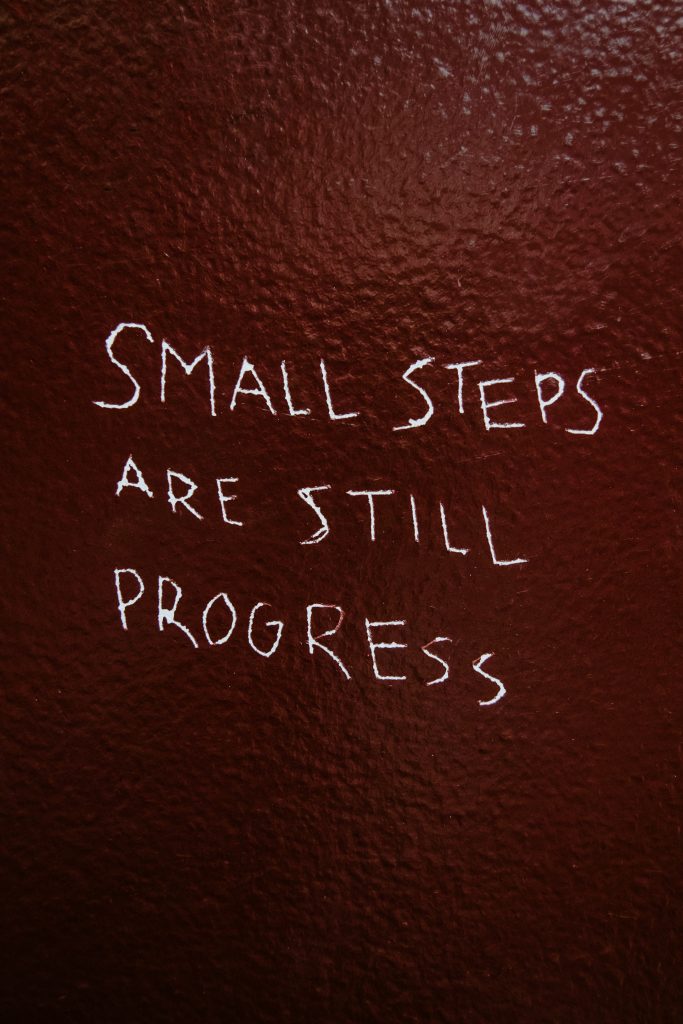“You never change things
by fighting against the existing reality.
To change something,
build a new model that makes the old model obsolete.”
– Buckminster Fuller
As its greatest proponents will often tell you, America supports capitalism, and the capitalism we believe in is supported by the “free market”. If we’re going to use the market to its fullest potential, before moving forward, we should at least glean what we can from its greatest advocates. In Capitalism and Freedom, Milton Friedman stated that the role of the market, “is that it permits unanimity without conformity; that it is a system of effectively proportional representation.”
So it would serve us well to figure out how our participation in the market can create a more proportionally represented financial flow. To do that, we’re going to need to understand the role of money in all of this activity we call “wealth”.
The big challenge we face under the economic system we feel beholden to is that it twists the definition of money, turning it from a tool that people should be able to use so that the economy can flow into a commodity people hoard so they can see their egos grow. And while capitalism may work just fine in the sandbox of the “free market”, where children build their castles and draw their boundaries, in the greater playground of the real world, it’s often just a screwed up little game for bullies who steal your freedom and force you to buy it back from them. Nevertheless, if we recognize the game for what it really is, and if we realize how much power we actually have, the playground is going to be a much happier place.
After all, “Money is only a tool,” as Ayn Rand reminds us in Atlas Shrugged. “It will take you wherever you wish, but it will not replace you as the driver.”
Now, it is also said that America supports democracy, but if we seek to have a market that actually supports democracy and works for the entirety of the population, we should let the population drive it.
Unfortunately, as Dr. Martin Luther King pointed out before he was assassinated, “Capitalism does not permit an even flow of economic resources. With this system, a small, privileged few are rich beyond conscience, and almost all others are doomed to be poor at some level. That’s the way the system works. And since we know that the system will not change the rules, we are going to have to change the system.”
It is important to understand that the economy we serve now – the currencies and organizations that promote them – is of human creation. Every cent, every euro, every yen, every bitcoin, and every other unit of finance was created by the human imagination. They are only reality because we believe them to be.
Every job that we have manifested in civilization is also a human creation. Although we have been taught to value them more than most anything else in the world, several of them are extremely non-essential for our existence or fulfillment. Especially in an economy based on financial speculation (bullshit) and rampant consumerism (garbage), many of the jobs we’re coerced to do are actually wasteful and, in the big picture, destructive.
Science fiction author Arthur C. Clarke once said, “The goal of the future is full unemployment, so we can play,” and Wendell Berry agreed unemployment was, “without exaggeration… the present national ambition of the United States. People live for quitting time, for weekends, for vacations, and for retirement; moreover, this ambition seems to be classless, as true in the executive suites as on the assembly lines. One works not because the work is necessary, valuable, useful to a desirable end, or because one loves to do it, but only to be able to quit – a condition that a saner time would regard as infernal, a condemnation.”
As such, our goals should be better applied toward virtuous intentions and serving our common needs instead of serving only the greed of a few. Now, obviously, much work is actually fulfilling, and many people find great purpose in the services and craftsmanship they offer. However, many more are demanded to toil through the majority of their time doing tasks that do not cultivate joy, but only serve to create profits for people who don’t actually do the work while creating unnecessary waste of both natural resources and human potential.
“True progress begins with something no knowledge economy can produce: wisdom about what it means to live well,” writes Rutger Bregman in Utopia for Realists: How We Can Build the Ideal World. “We have to do what great thinkers like John Stuart Mill, Bertrand Russell, and John Maynard Keynes were already advocating 100 years ago: to ‘value ends above means and prefer the good to the useful.’ We have to direct our minds to the future. To stop consuming our own discontent through polls and the relentlessly bad news media. To consider alternatives and form new collectives. To transcend this confining zeitgeist and recognize our shared idealism.”
If the history of technological evolution and innovation has taught us anything, it is that we can continue to improve the system, but we must create better goals. Although many of our technologies have been used to propagate the separation that has created many of the problems now facing humanity, other tools have also given us the ability to transcend the problems we’ve created and evolve into an improved economy.

This is an excerpt from the book Steve McAlphabet Explains ABC Squared Economics. Find out more.

